Table of Contents
What Are The Best Places To Retire With Horses?
Your needs in seeking an equine-oriented retirement setting will vary based on whether you own a horse, would like to have access to horses for riding and interaction, or would just like horses in the area to view. As you move into retirement, you may wish to reap some of the rewards of working with and being around horses in some way.
Whether you have your own horse or horses, or just want to spend your retirement among gorgeous animals gently grazing, you have essentially three choices:
- Join an equestrian retirement community
- Purchase a ranch or home with space for horses
- Retire near a stable
Each of these options will allow you access to horses on different levels. In some cases, you will need to own a horse and care for it on your own. In others, horses will be boarded and you will be able to ride them and interact with them as you please for a cost. The information below will help you determine which choice will work for you and your needs.
Equestrian Retirement Communities
Equestrian retirement communities are growing in popularity. These communities combine the aspects people love about equestrian life, including wide open spaces and horse stables, with the amenities of a traditional retirement setting, such as access to senior services and medical care as needed.
Most equestrian retirement communities are for those aged 55 and up, and typically residents must purchase their houses or condos, though sometimes there are rental opportunities. Sometimes, equestrian services such as riding and trail maintenance are included in homeowner’s association fees; other times, these services are paid separately.
The amenities found within an equestrian retirement community vary widely. Typically they offer access to the horses for riding and interaction, along with land and trail use. Sometimes there are multiple horses stabled, but some small communities have just a single horse. Services for retirees may include access to housekeeping, personal care assistance, landscaping and maintenance, and medical care, along with upscale amenities such as golf, clubhouses, and swimming pools. Again, this varies widely by specific community.
Equestrian retirement communities are found in most every state, so one advantage is that you may be able to stay close to home and loved ones if you choose this type of setting. There are about 250 equestrian communities in the United States currently. Equestrian retirement villages are found in popular retirement locales such as Florida and Texas, but also in Northern states such as Massachusetts and Midland states like Tennessee. Regardless of the region or state, most of these communities are located in rural areas with open land and a scenic view.
It is important to know that you do not need to own your own horse to live in an equestrian retirement community - but you can! About 30% of seniors living in these communities bring their own horses with them and stable them on the property. Others choose to care for and ride the horses owned by the community, and to enjoy watching them roam the property.
Like most retirement communities, the cost of living in an equestrian-centered community is not inexpensive. However, there is a wide range of pricing for housing and HOA fees, and options regarding which amenities you would like to include. If you are a horse lover, and especially if you own a horse, an equestrian retirement community might be for you.
Purchasing a Ranch
If you prefer to live in a more singular, independent environment as opposed to a structured community, and want to keep horses, ranching may be an option for you. Purchasing a ranch is not a decision to be taken lightly, but it can be an excellent investment and a wonderful way to spend your golden years.
If you are very active or can afford to hire assistance, you might consider turning part of your land into a working ranch where you will raise livestock or produce timber. But if you are entering retirement with the goal of relaxation and enjoyment of nature, ranching might still be a good option for you.
Purchasing a ranch will require you to bring or purchase your own horses if the equestrian lifestyle is what you seek. You may see wild horses in some areas - specifically, wild horses are found in California, Oregon, Utah, Wyoming, Nevada, South Dakota, Montana, Arizona, Colorado, and Texas. While wild horses are beautiful to watch, you will not be able to approach them or reap the benefits of riding or caring for them, so if you purchase a ranch, it is wise to bring at least one horse into your milieu.
The average size of a ranch in the United States is 442 acres, or about ⅔ of a square mile. That is a lot of land to manage. You must consider the quality of the land, what wildlife is in the environment, whether you have access to water and utilities, and what property management and taxes will entail.
There are companies that specialize in helping retirees find ranches for purchase, so if this is something you want to research further, it would be wise to work with such a realtor.
Of course, it is not necessary to purchase an entire ranch to keep a horse. You can purchase a home with land or a small farm if you would like to keep just one or two horses. Experts recommend having at least two acres of open land for a single horse, and at least three more acres for each additional horse. This may be a much more manageable option if you want to keep a horse and have some land without the significant work and investment required for owning a ranch.
Using a Local Stable
Truly, if you are a horse lover and want to interact with horses during your retirement, you can live virtually anywhere near a horse stable. Much like the equestrian retirement community, this will allow you the option of owning and boarding your own horse or having access to horses owned by the stable. However, it will not give you the pleasure of waking up in the morning and watching horses graze over your morning coffee.
Boarding your own horse will give you an assigned stall and access to trails or a pasture, or a training arena if you choose. The average cost for boarding a horse is $400-500 a month, though this varies widely by geographical area and amenities and care included in the boarding. For full boarding in a metropolitan area, prices for boarding may range as high as $2500 a month. You will also have to pay for food, grooming, and veterinary care as these are not included in most boarding facilities.
Working livery stables, which allow patrons to ride and groom horses by the hour for a fee, are not as common as they once were, though they do exist. You can look into horse rentals or livery if you are an experienced rider, but you are less likely to find these opportunities due to liability issues. If you are not a horse owner but want to ride and work with horses, you may have to sign up for riding lessons, which typically range from $50-60 an hour. Depending on your experience, you may also be able to work or volunteer at a horse stable for more interaction with the horses.
Using a local stable is a good option if you do not want to be part of an equestrian retirement community or buy a ranch or home where you can keep your own horse. It allows you access to horses and equestrian life without the responsibility of caring for them full-time, and gives you a backup plan if issues arise where you are unable to care for a horse for a period of time.
What Areas are Best for Horses?
Whether you choose to find an equestrian retirement community, purchase a ranch or home with land, or find access to a stable for boarding or livery, you probably want to find a community of like-minded horse lovers, and an area that is welcoming to horses and the people who adore them. Here are some of the top-rated areas for horse ownership and opportunities for seeing horses.
Lexington, Kentucky
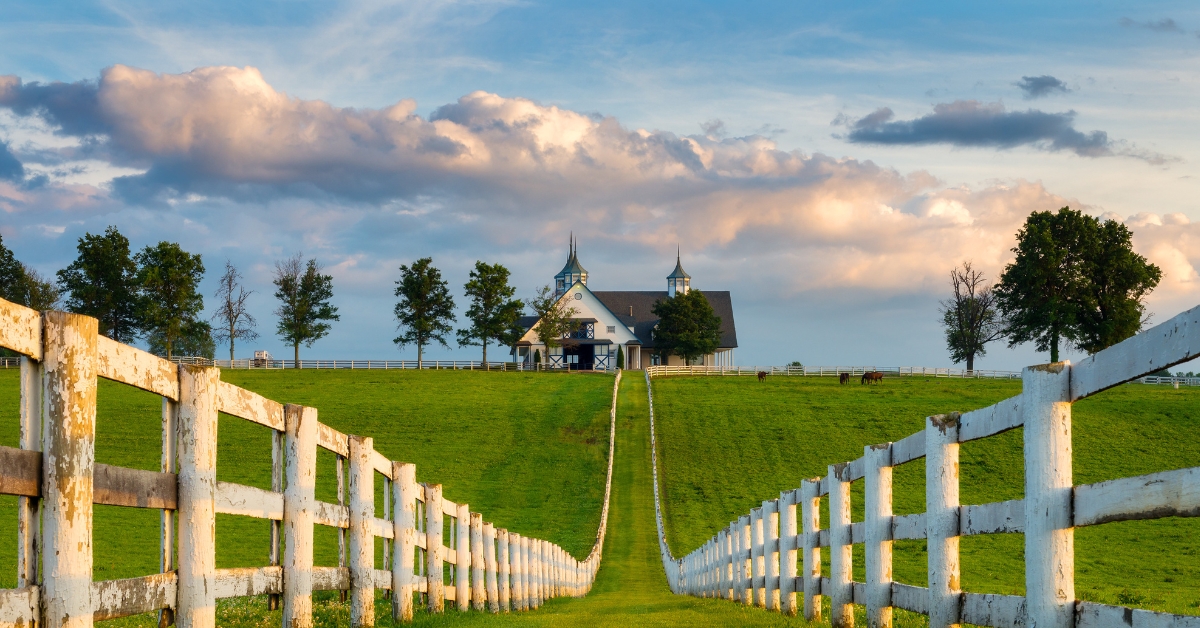
Lexington, Kentucky
Known by some as the “Horse Capital of the World,” Lexington is home to some of the top horse breeders, the Kentucky Derby, and famous Kentucky bluegrass, where horses love to graze. The Kentucky Horse Park offers a variety of equestrian sports, and horse experts and top medical care are available everywhere. If you own a horse or simply enjoy seeing horses, Lexington is the place to be.
Middleburg, Virginia
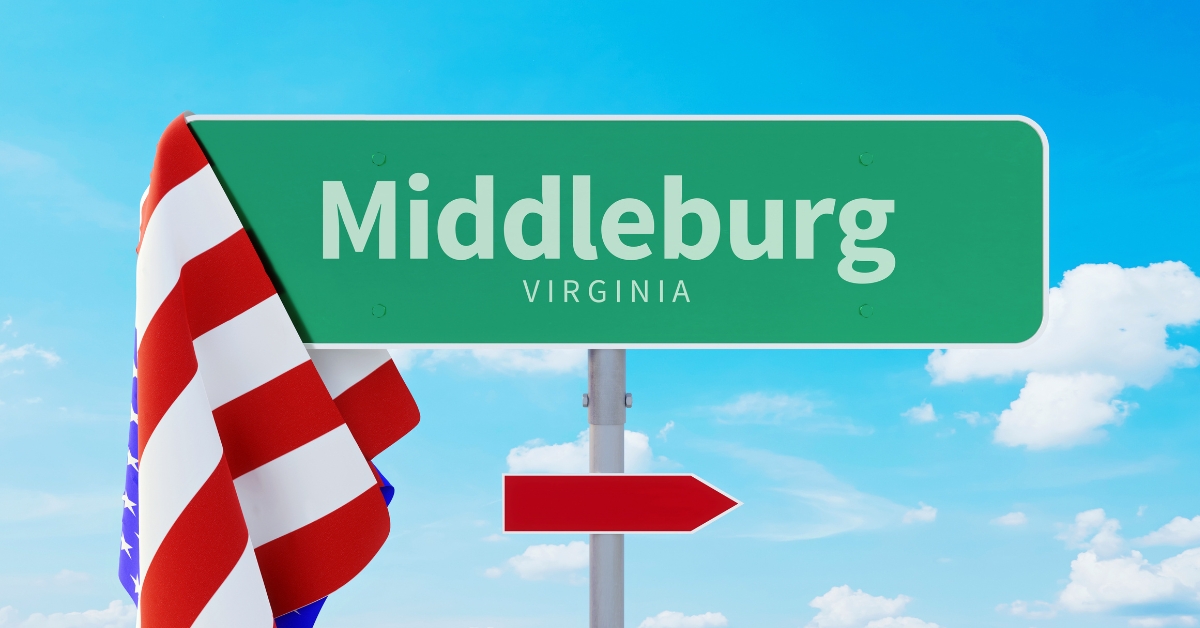
Middleburg, Virginia
Middleburg has a rich equestrian history as host to the oldest horse show in America, the Upperville Horse and Colt Show. They also have a strong horse-based sporting community. As a smaller city, the equestrian community is tight-knit. The weather is relatively stable and ideal for riding and sport through most of the year.
Ocala, Florida
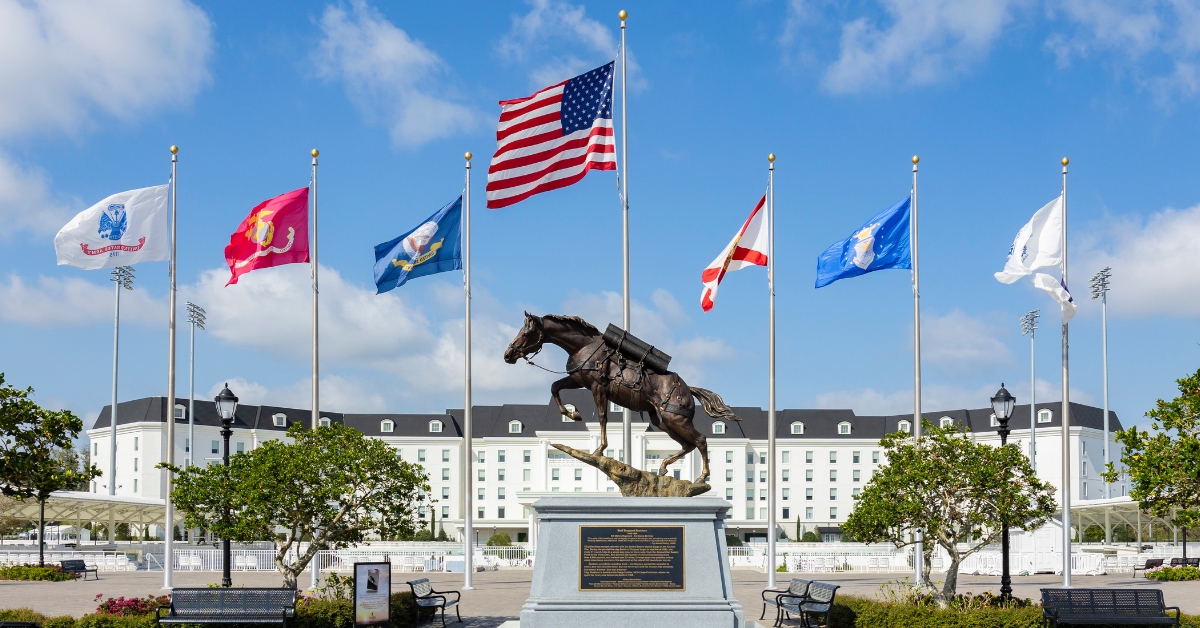
Ocala, Florida
Florida is excellent for warm weather all year round, and is a hub for retirees of all interests. As an equestrian enthusiast, you will find the Palm Beach Equestrian Center, the International Polo Club, and many other horse-centered venues in the area. With over 1,200 horse farms in Ocala, you will never be far from equestrian life.
Rancho Santa Fe, California
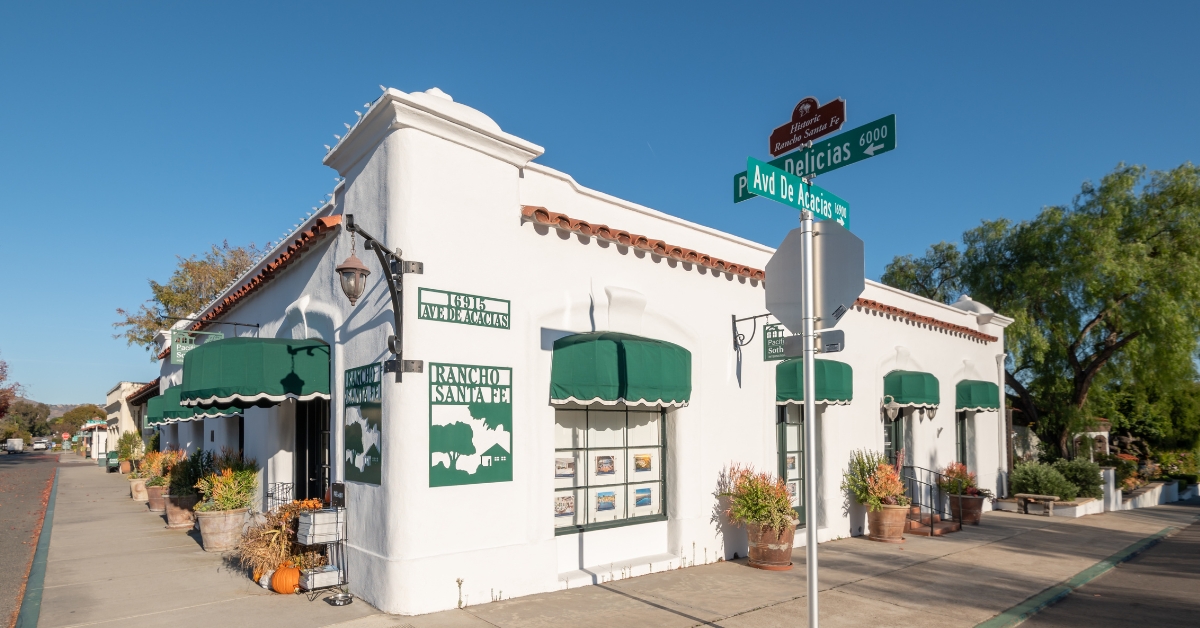
Rancho Santa Fe, California
Located close to San Diego, Rancho Santa Fe offers temperatures ranging from 60 degrees in the winter to the low-90’s in summer, providing good weather for riding most days of the year. Traditional horse trails are available along with sandy beach riding, offering a variety of experiences in a small area.
Aspen, Colorado
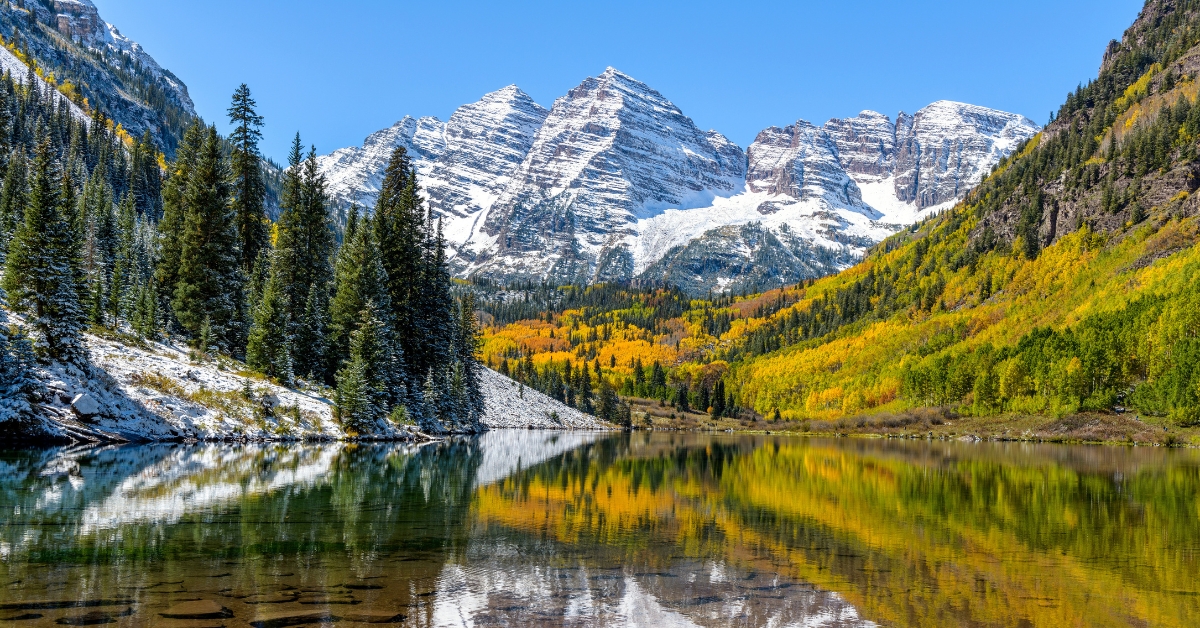
Aspen, Colorado
If you are an adventurous rider, Colorado may be the spot for you. Aspen offers rocky trails through the mountains with spectacular scenery. Winters are harsh, but for about eight months of the year you will enjoy a comfortable riding climate.
Woodstock, Vermont
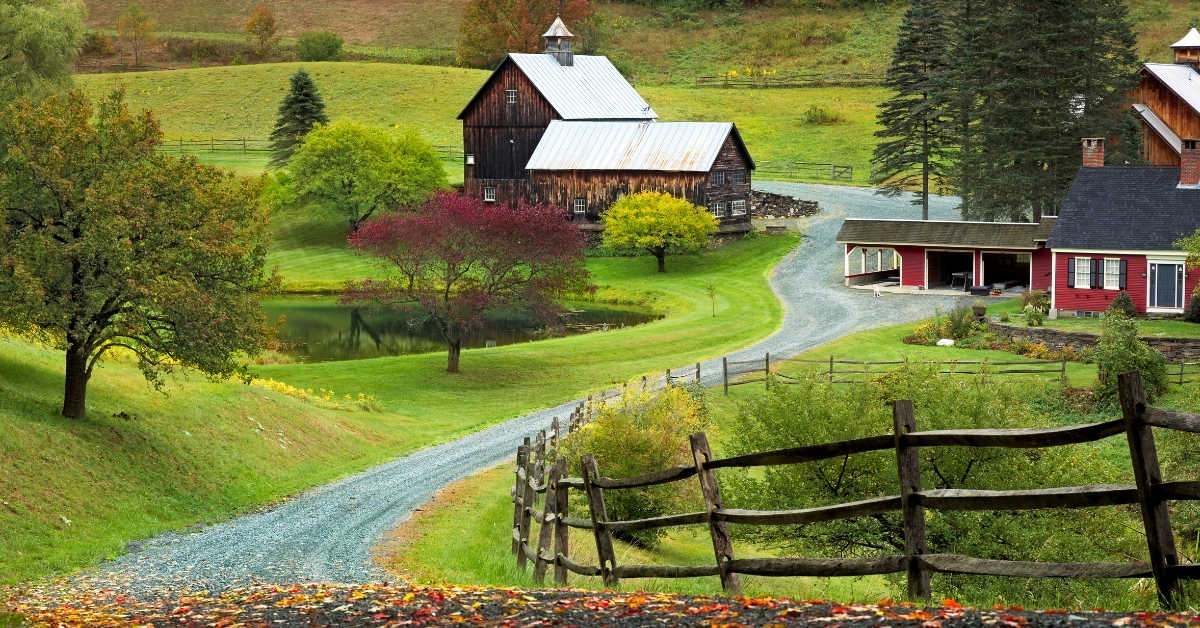
Woodstock, Vermont
If New England is more your speed for retirement, Woodstock is a great center of equestrian life. As the “Prettiest Town in America,” Woodstock offers beautiful areas for casual riding. Woodstock also hosts a number of equestrian sporting events including the Fall Dressage Show and a Winter Sleigh Rally.
Bryce Canyon, Utah
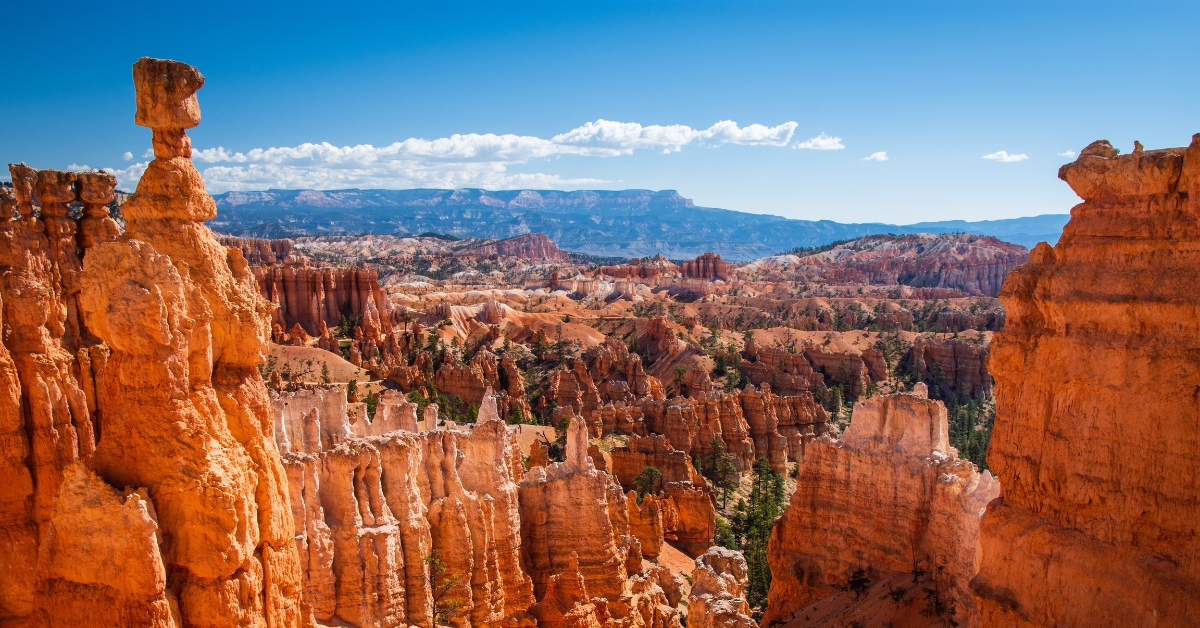
Bryce Canyon, Utah
Bryce Canyon is what many people picture as the idyllic Southwest, and for equestrian enthusiasts, it offers amazing trails with a beautiful palette of red, orange, and white rocky scenery. As part of a national park, Bryce Canyon is protected and preserved. There are guided tours available for those new to the area, including retirees.
Stephenville, Texas
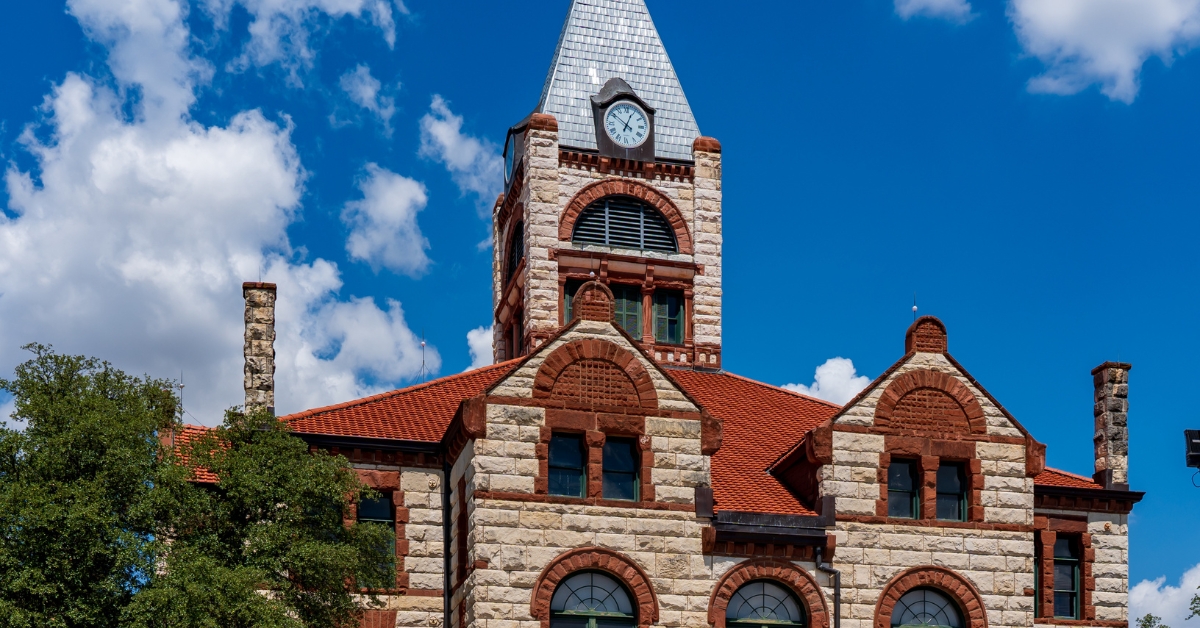
Stephenville, Texas
Stephenville, located an hour southwest of Ft. Worth, is known as the “Cowboy Capital of the World.” In the land of ranchers and rodeos, Stephenville offers multiple training facilities along with plenty of horse-friendly real estate. It is right in the center of all the horse action in Texas, just a short drive from many famous shows, rodeos, and competitions.
Cheyenne, Wyoming
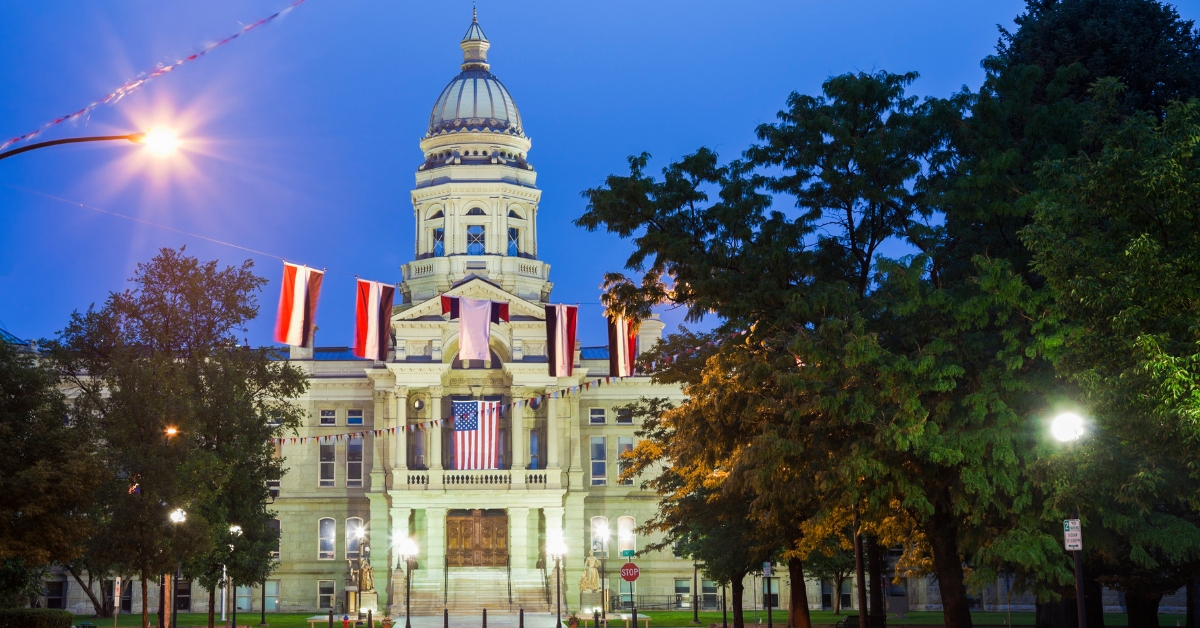
Cheyenne, Wyoming
Rich in cowboy culture, the city plays host to Cheyenne Frontier Days, the world’s largest outdoor western celebration and rodeo. Cheyenne also offers a laid-back culture perfect for retirees who want to enjoy the natural environment. The Terry Bison Ranch provides gentle horse rides for beginners and the opportunity to feed bison, giving you yet another opportunity to connect with animals.
Lancaster, Pennsylvania
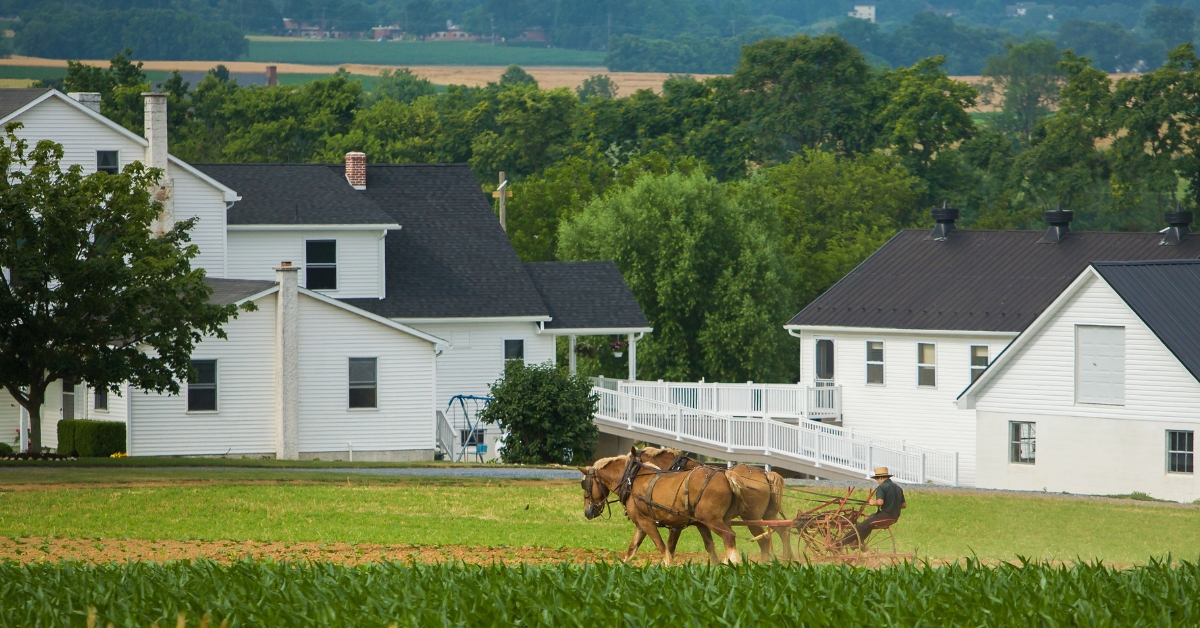
Lancaster, Pennsylvania
Home to Amish country, Lancaster is a very equine-friendly area, with horses frequently seen on roads alongside cars and trucks. Lancaster has a fairly open real estate market with affordable homes and land accessible to retirees who wish to make a home there. There are multiple stables for boarding and riding if you do not have land to keep your own horse.
Horses are quite adaptable and can live in most any climate as long as they are well cared for. When considering the best place to retire with horses, you should think about your preferred location and weather, your budget, your preferred lifestyle, be it active or laid-back, and what type of interaction with horses you prefer. You will need to determine whether you want horses on your own land or to board them in a stable, or whether you just want to be able to see and visit them. Whether you have your own horse or want to have them as part of your life, they can be a part of your retirement in any geographical area.
Recent Articles
















